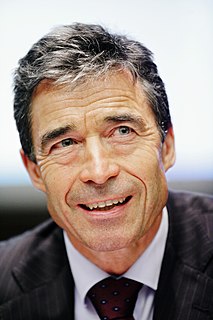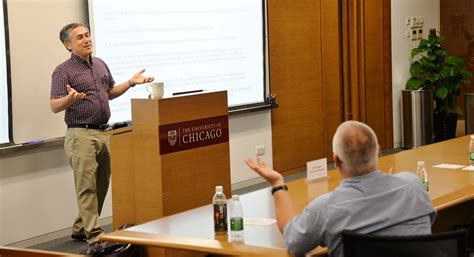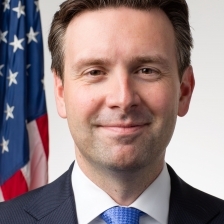A Quote by Richard Lugar
Bilateral talks would have to achieve cessation of the missile work by the North Koreans. And it would have to include, as did the Iranian deal, the International Atomic Energy Agency or some other group coming in to assess that and to enforce that to give information about it internationally.
Related Quotes
Is there deeply embedded change within our industry? And I would say, as a black filmmaker, it's easy for me to focus my attention on black work, but true change would include brown work, and it would include work by Asian-Americans, and it would include natives, and it would include women, and it would include more LGBTQ voices.
Michael Flynn, national security adviser, [his reaction] to the Iranian missile test the other day was very frightening. Now the missile test is ill-advised, they shouldn't have done it. But it's not in violation of international law or international agreements. They shouldn't have done it. His reaction suggested maybe we're going to go to war in retaliation.
In order to preserve a balance, while we aren't planning to build a missile defence of our own, as it's very expensive and its efficiency is not quite clear yet, we have to develop offensive strike systems. They [U.S.] should give us all the information about the missile defence, and we will be ready then to provide some information about offensive weapons.
I don't think there's much chance that the North Koreans would attack Guam or any other territory out of the blue. They would only counterattack if they felt existentially threatened. The questions is, At want point will North Korea feel it is threatened enough to make such a strike? We don't know that yet.
It seems Kim Jong Un firmly believes that developing nuclear missile capabilities will provide security and guarantee his regime. We must make it clear that it is not nuclear and missile programs that will protect Kim Jong Un and his regime. The goal of the international sanctions and pressure is to make it unbearable for Kim Jong Un if he does not accept this fact. On the other hand, we are continuously trying to send a message that giving up its nuclear program and coming to the negotiating table is the right path for North Korea to protect itself and achieve its development.
The North Korean Communists are implacably pursuing their military buildup in defiance of the international trend toward rapprochement and of the stark reality of the Korean situation, as well as of the long-cherished aspiration of the 50 million Koreans. The North Koreans have already constructed a number of underground invasion tunnels across the Demilitarized Zone.
































